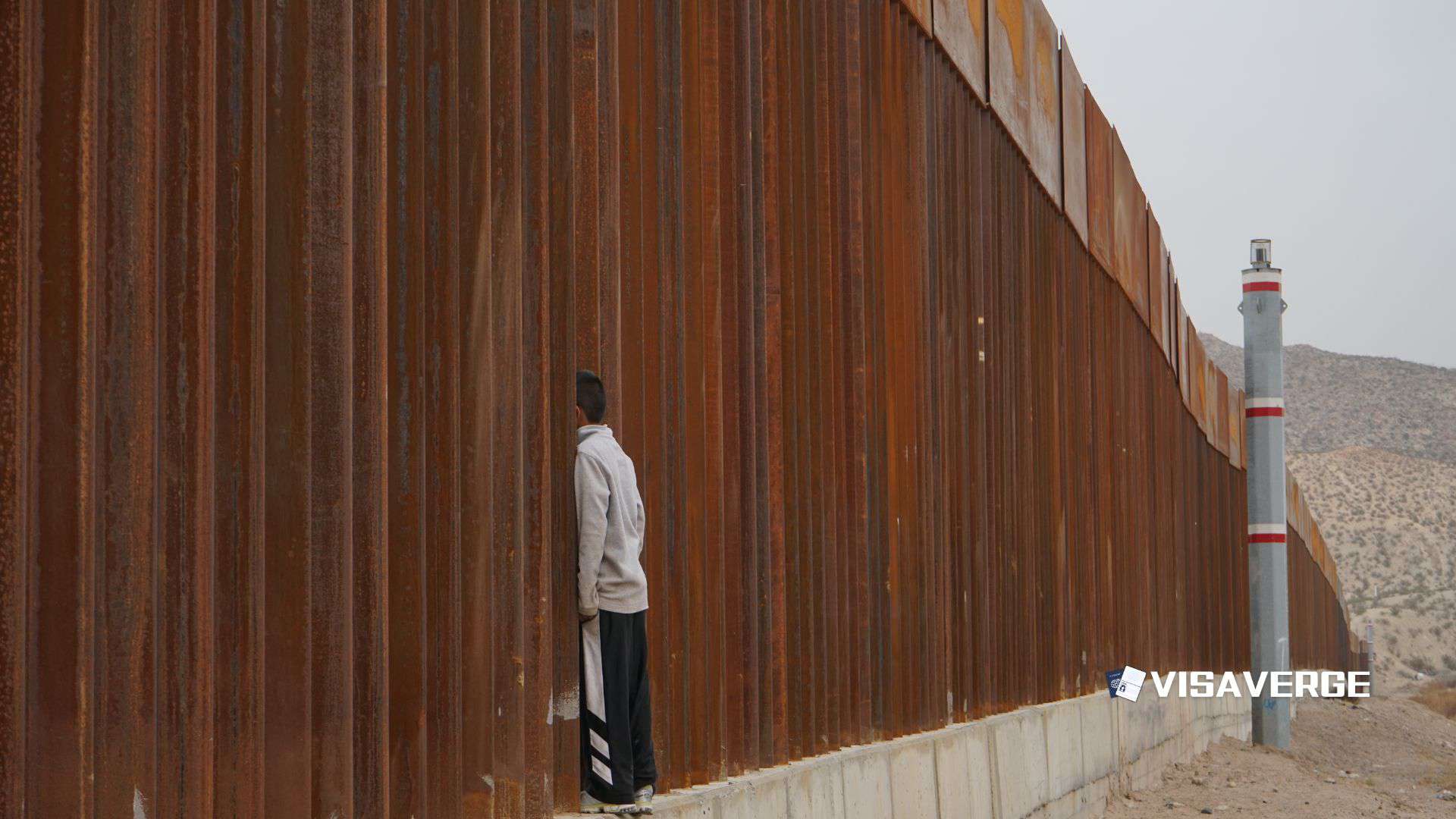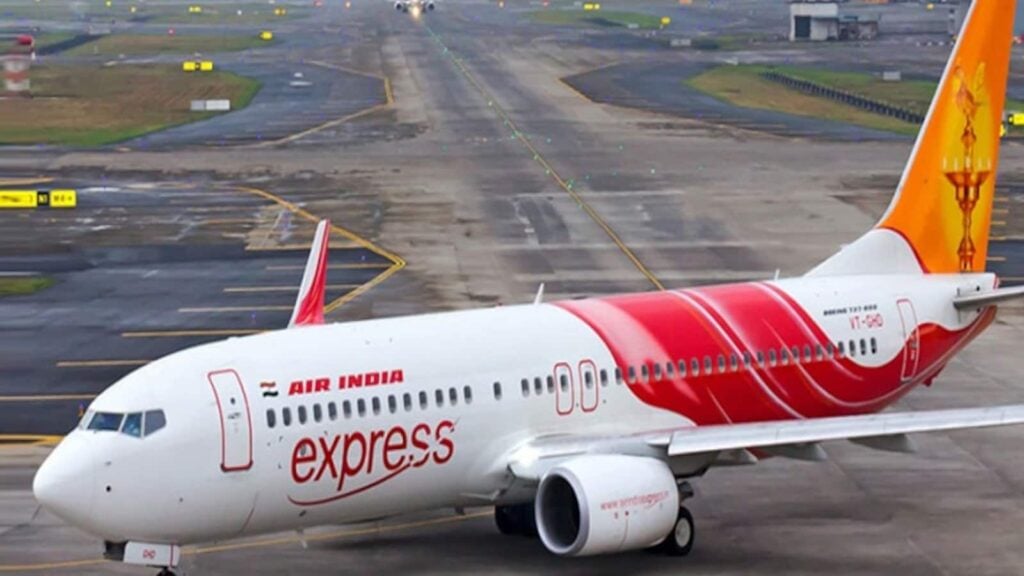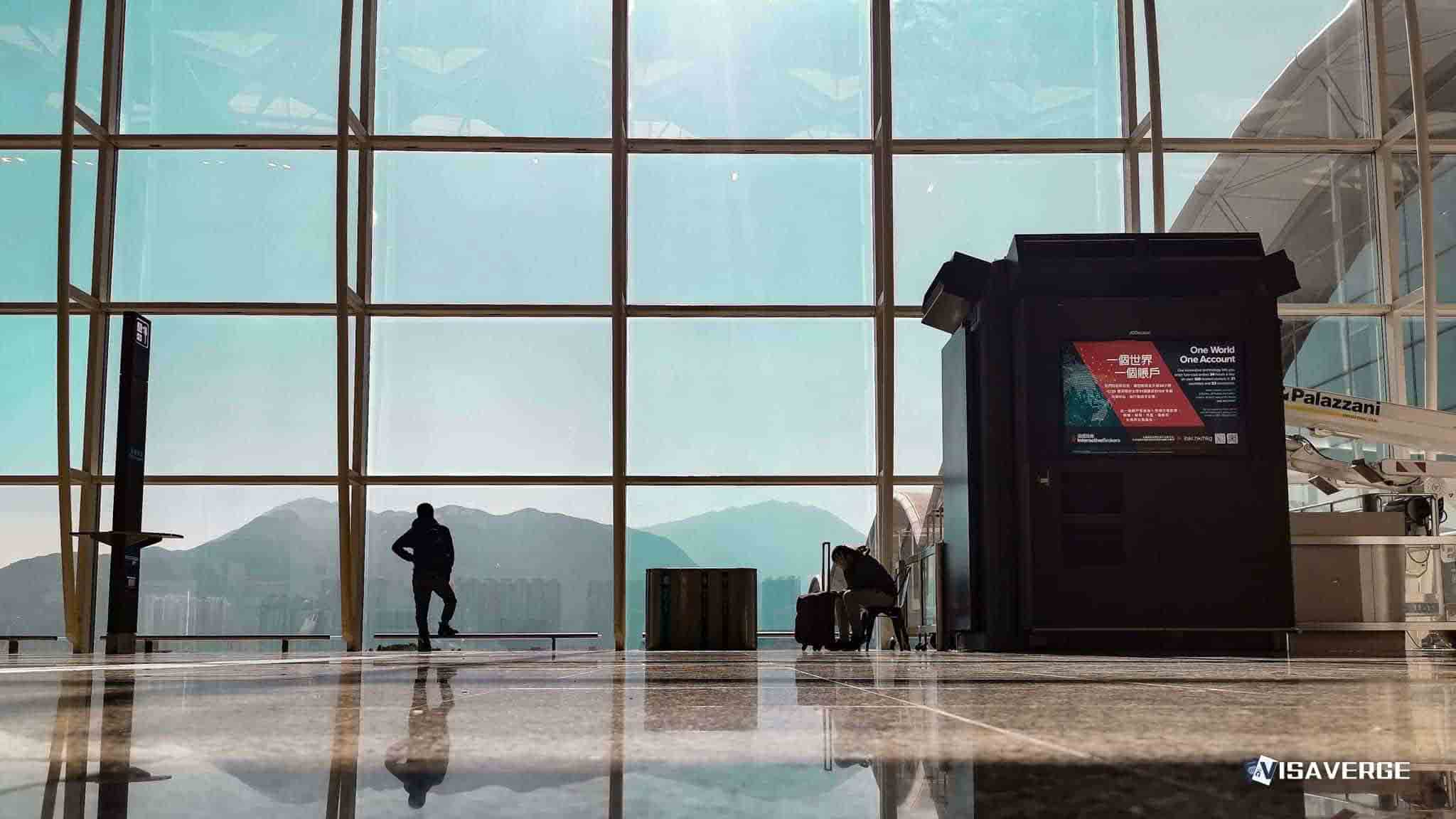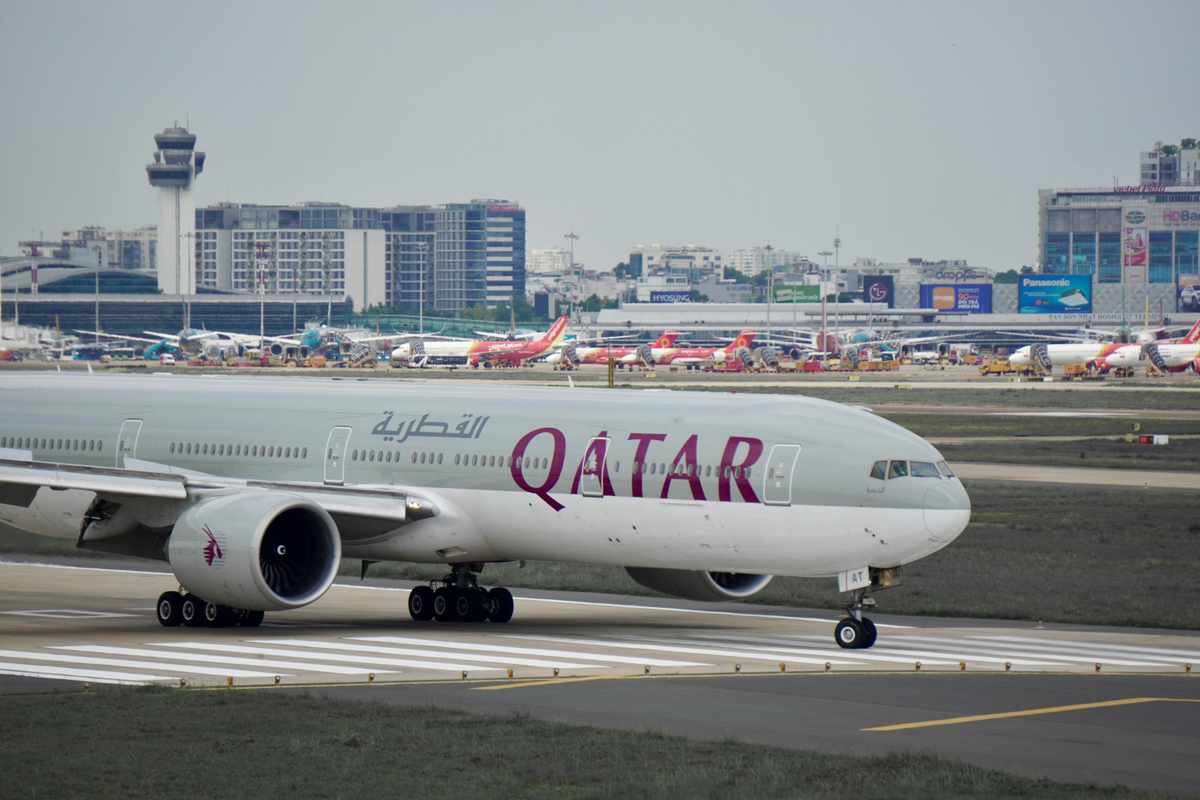Key Takeaways
• On May 19, 2025, the US Department of State imposed visa restrictions on Indian travel agency executives involved in illegal immigration.
• Policy enforces Section 212(a)(3)(C) INA, denying visas to facilitators regardless of Visa Waiver Program eligibility.
• US-India cooperation continues while targeting smuggling networks and protecting legal immigration channels.
Summary of Legal Update and Effective Date
On May 19, 2025, the U.S. Department of State announced new visa restrictions targeting owners, executives, and senior officials of travel agencies based in India that have been found to knowingly facilitate illegal immigration to the United States 🇺🇸. This policy, which is already in effect, is part of a broader effort to disrupt human smuggling networks and reinforce the integrity of U.S. immigration laws. The restrictions are being enforced under Section 212(a)(3)(C) of the Immigration and Nationality Act (INA), which gives the State Department the authority to deny visas to individuals whose entry would have serious adverse foreign policy consequences for the United States.

This legal update marks a significant shift in how the U.S. government addresses illegal immigration, focusing not only on individuals entering the country unlawfully but also on those who profit from and enable such activities. The policy is described as “global,” meaning it could be applied to travel agencies and their leadership in other countries if similar patterns are identified.
Background and Reasons for the Policy Change
The United States 🇺🇸 has seen a rise in illegal immigration cases involving Indian nationals in recent years. Many of these cases involve individuals who use the services of travel agencies that promise easy entry into the U.S., often through fraudulent means or by exploiting loopholes in the system. According to analysis by VisaVerge.com, these agencies sometimes arrange for fake documents, misleading travel itineraries, or even direct smuggling routes.
Several high-profile incidents have brought attention to this issue. For example, in February 2025, U.S. authorities deported hundreds of Indian nationals who had entered the country illegally. Some were returned on a military plane, and reports surfaced of deportees being transported in shackles and handcuffs. While this practice has been standard for over a decade, it sparked renewed debate about the methods used to address illegal immigration and the role of facilitators such as travel agencies.
The U.S. government has made it clear that combating illegal immigration is a top priority. The State Department’s new policy aims to:
- Hold accountable those who profit from or enable illegal immigration
- Warn foreign nationals about the dangers and consequences of attempting to enter the U.S. unlawfully
- Protect American citizens by upholding the rule of law
- Disrupt and dismantle organized smuggling and trafficking networks
The policy also reflects ongoing concerns among some American political groups, particularly on the right, who argue that illegal immigration contributes to law and order challenges in the United States.
Affected Aspects of U.S. Immigration Law
The new visa restrictions are being implemented under Section 212(a)(3)(C) of the Immigration and Nationality Act. This section allows the U.S. government to deny visas to individuals whose presence in the country is considered detrimental to U.S. interests, including those involved in activities that undermine immigration laws.
Key aspects affected by this policy include:
- Visa eligibility: Owners, executives, and senior officials of implicated travel agencies will be denied U.S. visas, regardless of whether they would otherwise qualify (including through the Visa Waiver Program).
- Scope: While the initial focus is on Indian travel agencies, the policy is described as global and could be extended to other countries if similar patterns are found.
- Confidentiality: The State Department will not publicly disclose the names of affected agencies or individuals, citing visa record confidentiality rules.
Relevant official information: For more details on visa ineligibility and waivers, readers can refer to the U.S. Department of State’s official page on visa ineligibilities.
Implications for Different Groups
1. Travel Agencies in India
- Direct Impact: Owners, executives, and senior officials of agencies found to be facilitating illegal immigration will face visa bans, which can affect their ability to travel to the United States 🇺🇸 for business or personal reasons.
- Business Consequences: Agencies may lose credibility and business opportunities, especially with clients seeking legitimate travel services.
- Legal Risks: Agencies may face increased scrutiny from both U.S. and Indian authorities, and could be subject to further legal action if found complicit in smuggling or trafficking.
Example: A travel agency in Delhi that arranges fraudulent visa applications for clients could see its leadership barred from entering the U.S., even if they have previously traveled there for tourism or business.
2. Indian Nationals Seeking to Travel or Migrate
- Increased Caution: Individuals may become more cautious about using travel agencies, especially those promising “guaranteed” entry to the U.S. through questionable means.
- Potential Delays: Legitimate travelers might experience delays or additional scrutiny if their travel arrangements are linked to agencies under investigation.
- Legal Pathways: The Indian government has emphasized that it will continue to work with the U.S. to ensure that legal immigration channels remain open and unaffected by these enforcement actions.
3. U.S. Employers and Educational Institutions
- Recruitment Impact: Employers and universities that rely on Indian talent may need to reassure prospective employees and students that legal immigration channels remain open.
- Due Diligence: Organizations may need to verify the legitimacy of travel agencies or consultants used by their recruits to avoid complications.
4. Broader U.S.-India Relations
- Bilateral Cooperation: The Indian government has expressed willingness to cooperate with the United States 🇺🇸 on immigration matters, including the return of Indian nationals who entered the U.S. illegally.
- Policy Alignment: Both countries have committed to taking action against criminal facilitators while supporting legal mobility for students, professionals, tourists, and business travelers.
Comparison with Previous Law and Policy
Before May 19, 2025:
- The U.S. government primarily focused on individual migrants and border enforcement.
- Travel agencies and facilitators were rarely the direct target of visa restrictions, unless there was clear evidence of criminal activity.
- Enforcement actions were often reactive, responding to incidents after they occurred rather than proactively targeting the networks enabling illegal immigration.
After May 19, 2025:
- The State Department is now proactively targeting facilitators—specifically, travel agencies and their leadership—who knowingly enable illegal immigration.
- The policy applies even to those who would otherwise qualify for the Visa Waiver Program, making it broader in scope.
- There is a clear message that enabling illegal immigration is grounds for visa denial, regardless of the individual’s prior travel history or status.
Key Difference: The shift is from focusing solely on migrants to also holding accountable those who profit from or enable illegal immigration, aiming to disrupt the infrastructure behind smuggling and trafficking.
Implementation Timeline and Process
- May 19, 2025: Policy announced and put into effect by the State Department.
- Ongoing: U.S. Embassy and Consulates in India, through their Consular Affairs and Diplomatic Security Service, are actively identifying and targeting implicated agencies and individuals.
- No End Date Specified: The policy remains in effect until further notice, with periodic reviews likely based on its effectiveness and evolving migration patterns.
- Confidentiality Maintained: Due to visa record confidentiality, the State Department will not release lists of affected agencies or individuals.
How the Process Works:
- Identification: U.S. authorities gather evidence of travel agencies knowingly facilitating illegal immigration.
- Review: Cases are reviewed under Section 212(a)(3)(C) of the INA.
- Visa Denial: Owners, executives, and senior officials of implicated agencies are denied U.S. visas.
- Notification: Affected individuals are notified of their ineligibility, but details are not made public.
Practical Guidance for Stakeholders
For Travel Agencies:
- Review Practices: Ensure all services comply with U.S. and Indian laws. Avoid any involvement in fraudulent documentation or misleading clients about U.S. immigration processes.
- Staff Training: Educate staff about the legal consequences of facilitating illegal immigration.
- Transparency: Clearly communicate to clients the risks and legal requirements of U.S. travel and migration.
For Indian Nationals:
- Choose Reputable Agencies: Use only well-established, reputable travel agencies for U.S. travel arrangements.
- Verify Information: Cross-check any claims made by agencies regarding “guaranteed” entry or shortcuts to U.S. visas.
- Report Suspicious Activity: If you encounter agencies offering illegal services, report them to local authorities or the U.S. Embassy.
For U.S. Employers and Institutions:
- Due Diligence: Ask prospective hires or students about their travel arrangements and the agencies they use.
- Support Legal Pathways: Provide clear information about legal immigration options and discourage use of questionable agencies.
Case Scenario:
Imagine a family in Punjab considering a move to the United States 🇺🇸. They approach a travel agency that promises to arrange their entry through “special connections” and asks for a large upfront fee. Under the new policy, if this agency is found to be facilitating illegal immigration, its owners and senior staff could be banned from obtaining U.S. visas. The family, if caught using fraudulent means, could face deportation and long-term bans from reentering the U.S. This scenario highlights the risks for both facilitators and clients.
Official Government Resources
For more information on visa ineligibility and waivers, visit the U.S. Department of State’s Visa Denials page.
To access the current version of the Immigration and Nationality Act, including Section 212(a)(3)(C), refer to the USCIS official INA page.
Conclusion and Next Steps
The State Department’s decision to impose visa restrictions on Indian travel agencies facilitating illegal immigration marks a significant change in U.S. immigration enforcement. By targeting the facilitators, the U.S. aims to disrupt the networks that enable unlawful entry and protect the integrity of its immigration system.
Key takeaways:
- Travel agencies and their leadership face serious consequences if found complicit in illegal immigration.
- Indian nationals should exercise caution and use only legitimate channels for U.S. travel and migration.
- Employers and institutions should verify the legitimacy of travel arrangements for recruits and students.
- Bilateral cooperation between the United States 🇺🇸 and India 🇮🇳 remains strong, with both governments committed to supporting legal migration and combating illegal networks.
As this policy continues to unfold, stakeholders should stay informed through official government channels and seek legal advice if uncertain about their status or options. For ongoing updates and analysis, VisaVerge.com reports that monitoring the effectiveness of these restrictions will be crucial in shaping future immigration policy between the two countries.
Learn Today
Visa Waiver Program → Allows citizens of specific countries to travel to the US without a visa for short stays.
Section 212(a)(3)(C) → A part of INA authorizing visa denial for individuals harmful to US foreign policy or security.
Human Smuggling → The illegal facilitation of people’s unauthorized entry across borders, often for profit.
Visa Restrictions → Limitations placed on issuing visas to individuals due to legal or security concerns.
Immigration and Nationality Act → US federal law governing immigration, visa eligibility, and deportation procedures.
This Article in a Nutshell
The US effectively targets Indian travel agencies enabling illegal immigration by imposing visa bans on their leaders. This proactive policy, starting May 19, 2025, aims to disrupt smuggling networks and uphold immigration laws, while maintaining strong US-India cooperation for legal migration and protecting national security interests.
— By VisaVerge.com
Read more:
• Rambhai Patel admits U-visa fraud using staged armed robberies in US
• BN(O) visa sees over 163,000 Hongkongers move to UK since 2021
• Canada changes visitor visa rules for applicants from Punjab
• Morocco faces crisis over visa slots as brokers charge up to MAD 6,000
• UK Immigration White Paper calls for big changes to student visas







